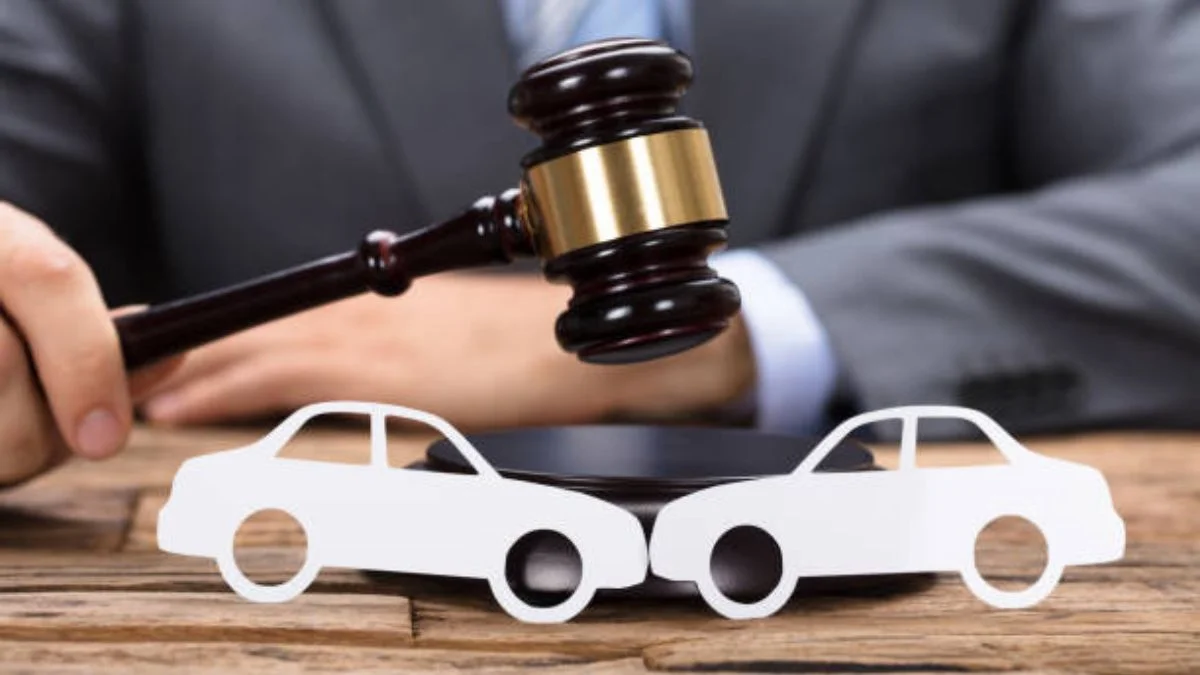LAW
Understanding the Fees of Car Accident Lawyers: What You Should Know

Introduction to Car Accident Lawyer Fees
When negotiating the complexity of insurance and compensation after being in an automobile accident, it can be quite important to think about hiring legal counsel. Many individuals wonder about the cost of hiring a lawyer, which can vary widely depending on factors like experience and jurisdiction. Consulting a Harrisonburg car accident lawyer can provide insight into these fees, giving a clearer understanding of the potential financial implications. To make the best decision, it’s important to familiarize yourself with different fee structures, including both hourly rates and contingency Fees of Car Accident Lawyers. Knowing these details helps set realistic expectations and budget for the legal journey ahead.
Common Fee Structures Explained
Contingency Fees
The contingency fee model is one of the most common fee arrangements in personal injury cases, including car accidents. This implies that the lawyer’s compensation is dependent on the outcome of the case. This charge is usually expressed as a percentage of the awarded damages or settlement. This arrangement can be beneficial as it minimizes upfront costs for clients, allowing those without immediate funds to pursue justice. However, it’s essential to carefully read the agreement and understand the percentage the lawyer will take.
Hourly Fees
Some lawyers may charge an hourly fee, billing clients for every hour spent working on the case. This can include time spent on research, court appearances, and negotiation meetings. Hourly Fees of Car Accident Lawyers vary greatly, with factors such as attorney experience, case complexity, and geographical location influencing the rate. This method may offer more transparency, as clients can track how many hours are being billed. However, it can become costly, particularly in prolonged cases.
Understanding Additional Costs
Beyond the main attorney fee, clients should be aware of additional costs that might arise throughout the legal process. These include court filing fees, expert witness fees, and costs associated with gathering evidence, such as medical records and police reports. Clients should discuss these potential expenses upfront to avoid surprises down the line.
In some cases, lawyers may advance these costs, deducting them from any eventual settlement, while in other cases, clients are expected to cover them as they arise. Clarifying these details early with your lawyer ensures a smooth and transparent process.
Negotiating Lower Fees
Clients may not realize that there is often room for negotiation regarding legal fees. Open communication with potential attorneys about financial constraints can lead to a more flexible fee arrangement. Some law firms may offer sliding scale fees based on the client’s ability to pay or suggest an adjusted contingency fee percentage.
Additionally, discussing fee expectations in advance can foster a positive attorney-client relationship and ensure both parties are on the same page. Demonstrating the ability and willingness to collaborate can yield favorable terms for both sides.
Evaluating Cost vs. Benefit
When contemplating legal fees, weighing them against the benefits of securing expert representation is crucial. An attorney’s expertise increases the chances of a favorable outcome and potentially leads to a higher settlement. According to studies, represented clients can receive significantly higher compensations than those who self-represent, a testament to the value of professional legal counsel.
Although attorney fees are integral to case expenses, the potential recovery often outweighs these costs, making hiring a lawyer a worthwhile investment for most plaintiffs.
Conclusion: Making Informed Decisions
Understanding the intricacies of car accident lawyer fees is pivotal to making informed decisions that will ultimately affect your financial and legal outcomes. Whether through a contingency or hourly fee model, ensure you comprehend all expense factors before proceeding with representation. By doing so, you engage in a process that is transparent, manageable, and set for success.
Being well-informed empowers you to select the most suitable legal representation for your situation, positioning you effectively for a favorable resolution to your case. By approaching the process with knowledge and clarity, you can confidently navigate the financial aspects and focus on achieving the justice you deserve.
-

 BIOGRAPHY9 months ago
BIOGRAPHY9 months agoBehind the Scenes with Sandra Orlow: An Exclusive Interview
-

 HOME1 year ago
HOME1 year agoDiscovering Insights: A Deep Dive into the //vital-mag.net blog
-

 HOME1 year ago
HOME1 year agoSifangds in Action: Real-Life Applications and Success Stories
-

 BIOGRAPHY1 year ago
BIOGRAPHY1 year agoThe Woman Behind the Comedian: Meet Andrew Santino Wife




























